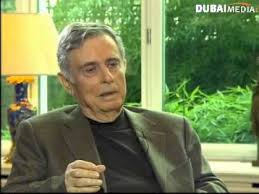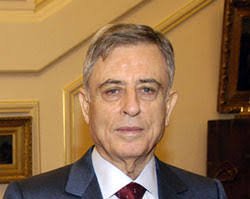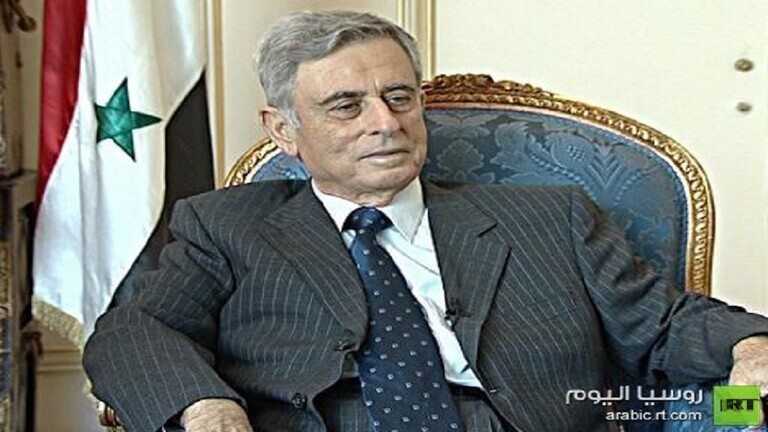Many observers considered President Bashar al-Assad’s recent speech to be aggressive. Within the context of his speech, he pledged to crush the opposition while also promising meaningless reforms. Amid the turmoil faced by the Syrian regime, “Al-Youm” had an interview with former Syrian Vice President Abdulhalim Khaddam, who shared the following insights:
How did you interpret the Syrian regime’s leader’s first speech, and where do you see things heading?
Bashar al-Assad intended to convey to the Syrian people, the Arab world, and the international community that he remains committed to his strategy of killing. He portrayed the protesters as agents of a conspiracy, threatening to eradicate them. He also aimed to emphasize his alliance with Iran and Russia, the two countries providing him with the means of killing, destruction, political support, and expertise. This includes using Iranian experts and Hezbollah members to train for explosive activities in the special units camp in the Darij area. Assad returned to the conspiracy theory, accusing non-supporting Arab countries of collaborating with the United States. The world is facing a fierce war in the Middle East, with a main player being the Russian-Iranian alliance. Additionally, he accused the Arab League of siding with the Americans.
In Syria, the situation is escalating. The Syrian people remain steadfast in their revolution until the regime is overthrown and its leaders, along with those involved in the killings, are brought to trial.
What are the goals of the Iranian-Russian alliance in the region?
The goals of this alliance are to control the Middle East region and its resources, including oil, and to dominate the international routes passing through the area. This is aimed at controlling the region and global economy, utilizing the oil resources. The world should be concerned about this alliance’s ambitions to reach warm waters, and Iran’s aspirations to control the area. This situation necessitates comprehensive Arab strategies to protect their land, sovereignty, and rights.
How did you interpret Bashar al-Assad’s second speech on the 11th of this month?
At first, one might conclude that Bashar al-Assad is confident, but looking closely, one can see the magnitude of the conspiracy being carried out in the region, led by Iran. This conspiracy could lead to a sectarian conflict causing extensive bloodshed. It’s the responsibility of the Arab governments and people to support the Syrian people, including seeking international intervention to ensure stability and security in the region.
You recently talked about Bashar al-Assad’s attempt to ignite sectarian strife and establish a state on the coast. What’s your response to that?
This is true and reflects Assad’s detachment from the Syrian people. His willingness to threaten sectarian strife shows his lack of loyalty to his own nation. Arab unity is stronger than the ambitions of corrupt adventurers. I am confident that this project will fail.
Bashar al-Assad accused you of being responsible for crimes in Syria and mentioned a reconciliation project involving his nephew. How do you respond?
It’s not surprising that Bashar al-Assad, who is losing balance day by day, makes such statements. Syrians and the region are well aware of the bloody cycle that he went through during every popular movement. Despite his actions, he still aspires to remain in power and believes reconciliation with his nephew will preserve the family’s unity. However, the first priority for the Syrian people after the regime’s fall is to bring all family members to justice for their crimes, whether they involve murder or corruption.



